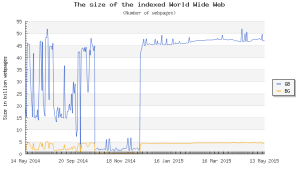Dennis Cooper has created an interesting novel of looping animated gifs called Zac’s Haunted House (A Novel). The novel is published by Kiddiepunk. I’m not sure why he deliberately calls it a novel when it has so little language, though one can think of the animated gifs as some sort of linked visual language. Perhaps animated gifs are becoming the visual equivalent of words with which we can compose.
I found this courtesy of 3QuarksDaily.


